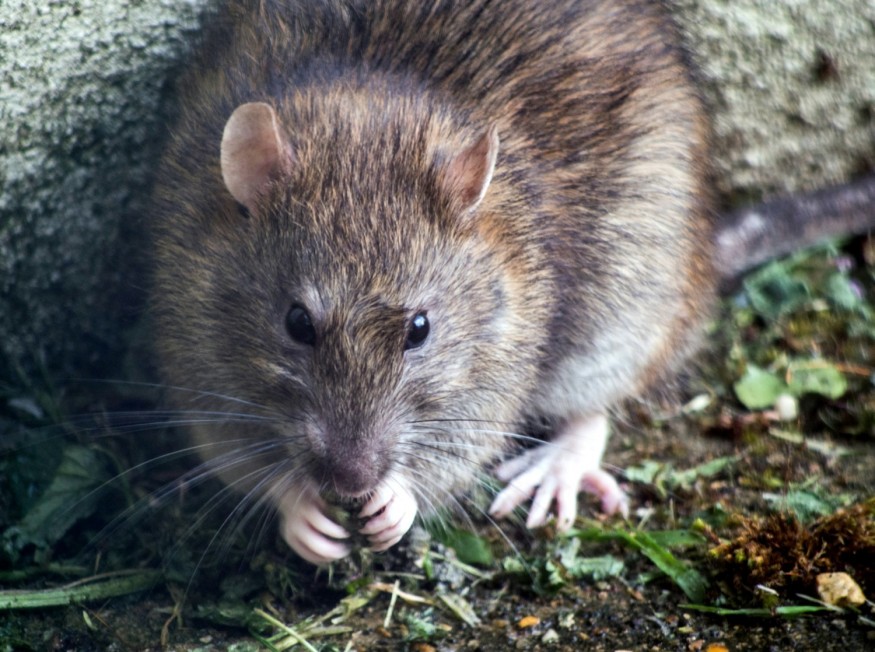Rat infestation, also called rodent infestation, pertains to the phenomenon of excessive rat or rodent population in a particular area. These sites can be tainted with rat droppings, feces, and urine, as can be found at homes, commercial and public establishments, streets, and even gardens. Over the last several decades, this type of plague has become a significant problem for multiple cities and towns worldwide.
In general, rodent infestation not only threatens public health but also agricultural lands and even other animals. However, just like other pests, there are some things that rats hate the most (aside from mouse-hunting pet cats) such as "rat repellent plants" or anti-rat flowers. Recently, a gardening expert revealed that planting certain flower species can naturally prevent rat infestation since they hate these flowers.
Rat Infestation

Rats and other rodents, including mice, hamsters, guinea pigs, and squirrels, belonging to the order Rodentia can carry harmful or deadly diseases. They can infect humans and other animals through various means such as bites and scratches. Consumption of food or drink contaminated with rat feces, urine, or saliva can also help in disease transmission, as stated by health authorities before.
According to the Centers for Disease Control and Prevention (CDC), rodent-borne diseases can spread directly or indirectly to people, adding rodents can also carry fleas, mites, or ticks that contribute to the transmission of infections. In the context of wild rodent infestations, the CDC warns that rodent swarms in and around the home is the greatest cause of disease transmission from rodents to people.
However, these cases are not hopeless since there are things that rats avoid like: rat repellent plants. Gardening expert Menhaz Uddin, from Flower Fable, stated in February 2024 that one of the ways to keep rats away or prevent rat infestation is by creating a barrier on one's garden by planting the following species or types of flowers:
- Catnip
- Marigold
- Elderberry
- Lavender
- Mint
While each of these flowers have their own characteristics, they all can emit a smell that serve as a deterrent for rats. After all, some plant's aroma can naturally prevent such infestation naturally thanks to the rat's sense of smell, Uddin adds.
What Do Rats Hate Most?
Other than rat repellent plants, experts say that rats also hate the following, according to the Animal Wildlife Trappers company:
- Ammonia
- Mothballs
- Domesticated pets
- Peppermint
- Lack of nutrition and comfort
In addition, it is believed that rodents also developed a sense of fear or hate for rat traps such as the famous glue trap and snap traps, as well as rat bait stations. These traps have been developed in modern times to control the local mice population.
Based on research decades ago, scientists observed during live experimentations of trapping rats indicate that the rodents spending a night in a trap is uncomfortable for the animals. One of these findings was published in The British Journal of Animal Behaviour in 1953.
© 2025 NatureWorldNews.com All rights reserved. Do not reproduce without permission.





